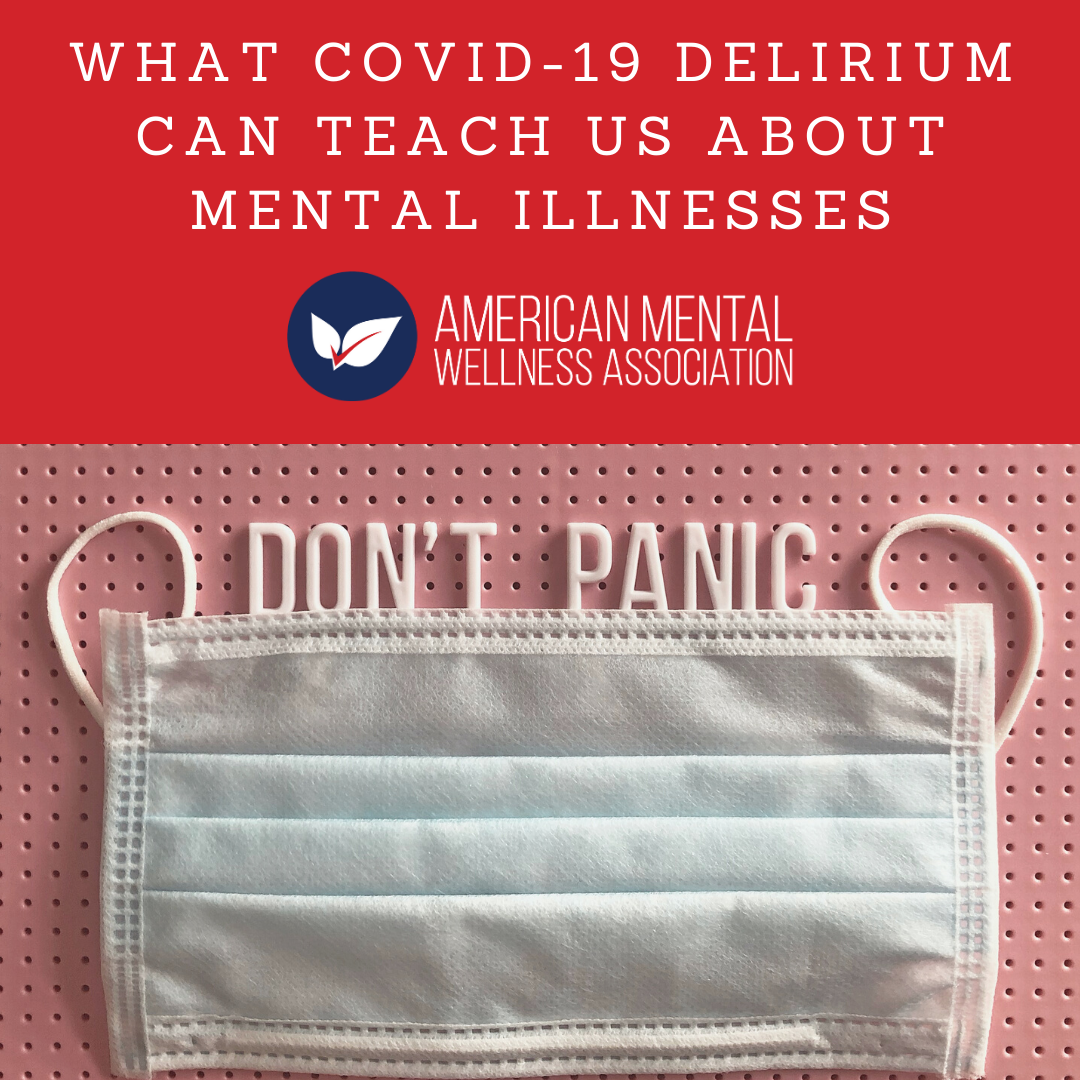What COVID-19 delirium can teach us about mental illnesses | Karen Lankford, PhD Neuroscientist Researcher
A number of recently recovered COVID-19 patients have begun describing vivid, and often frightening, hallucinations and delusions they experienced during their illnesses. Patients recall memories of things like being pushed into ovens, having the tops of their skulls cut off, and a variety of physical and sexual assaults. These memories are doubly disturbing, both because of their content and the doubts they cast in the suffers’ minds about their own sanity. Patients know that the events they remember could not possibly be real, and yet they feel very real.
These stories may make it seem as though there is something unique about this viral infection that disrupts higher brain functions, but in reality, this is a phenomenon which is well known to ER and ICU doctors. Few like to talk about it, but roughly 70% of all ICU patients experience episodes of delirium with mental confusion, hallucinations and/or delusions during their stays. One anesthesiologist told me that doctors in the ER and ICU jokingly refer to the antipsychotic Haloperidol as “vitamin H” because it is administered with such frequency to hallucinating ICU patients. COVID-19 patients spend more time in the ICU than most and have more opportunities for hallucination.
The basic source of these hallucinations is rooted in brain physiology. The combination of the body’s responses to physical trauma or illness and the drugs doctors administer to force the heart, lungs, kidneys, and other organs to keep functioning when they are trying to shut down, disrupts brain chemistry. What we experience as reality is merely an interpretation of patterns of neuronal firing by the part of our brains that we think of as ourselves. If those firing patterns are erratic and do not provide a clear picture of events, the “self” part of your brain essentially makes up a story, which your conscious mind experiences as reality. With all the sensors in your body setting off warning alarms shrieking in your skull, warning of your imminent death, the story is likely to be a horror show, a nightmare that you cannot wake up from. The fear is real, but the internal experience of events is more like a metaphor than a literal translation of what is happening in the real world. Being slid into an MRI machine while having a burning fever feels like being shoved into an oven. An extreme encephalitis headache feels like having the top of your head cut off. Having a breathing tube shoved down your throat, a catheter inserted to empty your bladder, or your heart shocked back into rhythm, would seem a lot like a physical assault, especially when performed by masked strangers. The types of nightmare imagery the mind would conjure from these kinds of experiences are predictable.
There are two big things people should take away from the hallucinatory memories reported by COVID-19 patients.
First, individuals cannot readily recognize their own aberrant thought patterns. Since your brain creates your reality, whatever it tells you seems real and true. Even with clear evidence that the horrific events they remembered could not possibly have happened, COVID-19 patients have had trouble letting go of the false memories. They often continue to experience PTSD symptoms and flash backs about tortures that occurred only inside their fevered minds.
Second, there is actually very little difference between a “normal” brain and that of a person with schizophrenia or some other serious mental illness. Just a slight alteration of brain chemistry can produce all of the symptoms of paranoid schizophrenia in a previously healthy individual. The main difference between a patient in an ICU thinking his/her doctors are trying to kill him/her, and a comparable delusion in a psychiatric patient, is that this is not just a “one off” thing for the psychiatric patient. For patients with serious psychiatric disorders, such as schizophrenia, bipolar disorder, PTSD, or severe anxiety, or depressive disorders, these are symptoms that individuals must try and control with medication and therapy for much longer periods of time, and often for a lifetime.
Don’t you think it is time to accept that the symptoms experienced by both kinds of patients are the result of physical brain health problems and treat all brain health conditions with the same compassion, equity, and justice?
Karen Lankford, PhD.
Neuroscientist Researcher
Yale University
and
Science Advisor for the American Mental Wellness Association

